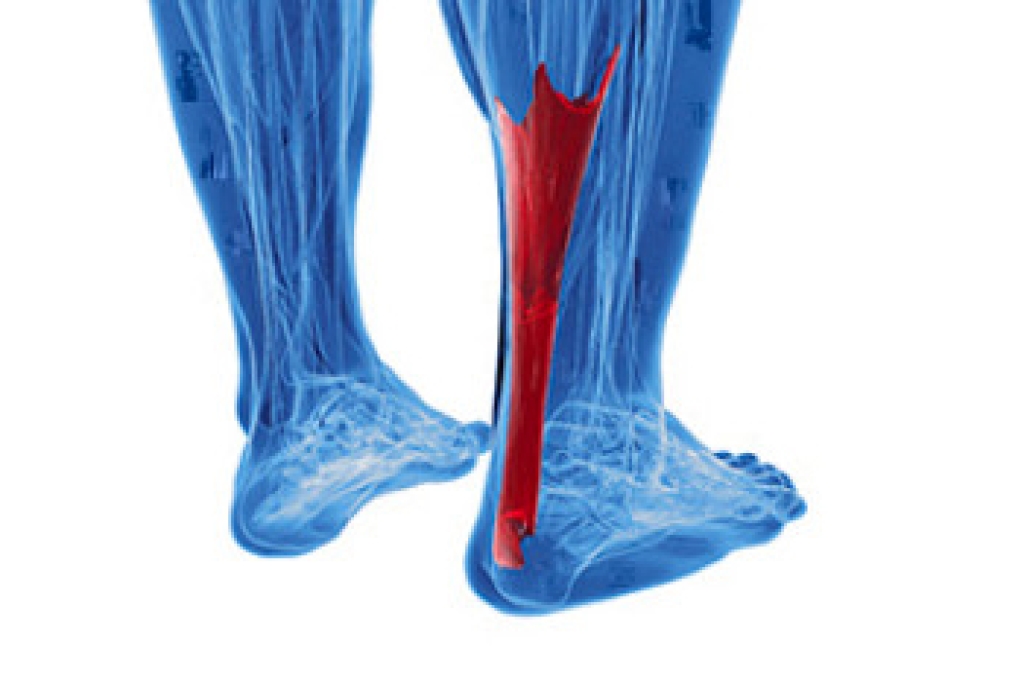
Achilles tendonitis occurs when the thick tendon that connects the calf muscles to the heel bone becomes inflamed from overuse or strain. This tendon plays a key role in walking, running, and pushing off the toes, which makes it vulnerable to injury from repetitive motion or sudden increases in activity. Common causes of Achilles tendonitis include running on hard surfaces, training without proper warm-up, and wearing shoes that lack adequate support. Flat feet, bone spurs on the heel, and certain health conditions can increase the risk of Achilles tendon irritation. Symptoms include pain or stiffness in the back of the ankle, swelling, warmth, and difficulty standing on the toes. Morning stiffness is especially common. If left untreated, inflammation may progress to tendinosis, where the tendon begins to degenerate. In severe cases, a rupture may occur and require surgery. If you are experiencing symptoms of Achilles tendonitis, it is suggested that you make an appointment with a podiatrist for an exam and treatment.
Achilles tendon injuries need immediate attention to avoid future complications. If you have any concerns, contact one of our doctors of Advanced Foot & Ankle Medical Center. Our doctors can provide the care you need to keep you pain-free and on your feet.
What Is the Achilles Tendon?
The Achilles tendon is a tendon that connects the lower leg muscles and calf to the heel of the foot. It is the strongest tendon in the human body and is essential for making movement possible. Because this tendon is such an integral part of the body, any injuries to it can create immense difficulties and should immediately be presented to a doctor.
What Are the Symptoms of an Achilles Tendon Injury?
There are various types of injuries that can affect the Achilles tendon. The two most common injuries are Achilles tendinitis and ruptures of the tendon.
Achilles Tendinitis Symptoms
- Inflammation
- Dull to severe pain
- Increased blood flow to the tendon
- Thickening of the tendon
Rupture Symptoms
- Extreme pain and swelling in the foot
- Total immobility
Treatment and Prevention
Achilles tendon injuries are diagnosed by a thorough physical evaluation, which can include an MRI. Treatment involves rest, physical therapy, and in some cases, surgery. However, various preventative measures can be taken to avoid these injuries, such as:
- Thorough stretching of the tendon before and after exercise
- Strengthening exercises like calf raises, squats, leg curls, leg extensions, leg raises, lunges, and leg presses
If you have any questions please feel free to contact our offices located in Agoura Hills, Simi Valley, Thousand Oaks Marin St., and Thousand Oaks Haaland Drive, CA . We offer the newest diagnostic tools and technology to treat your foot and ankle needs.
